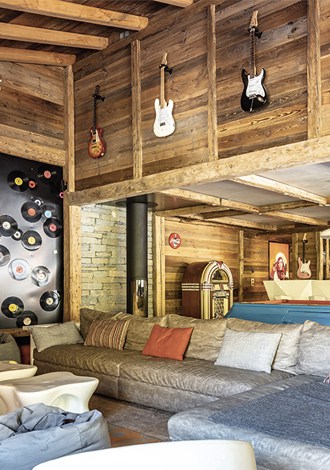
« No-one is too small to make a difference » Greta Thunberg
Consider what you choose to buy and why, and if you really need it?
The impact of what we buy or ‘embodied carbon’ is often forgotten. How much energy do you place in maintaining something, so it lasts longer – putting that protective wax coat on your snowboards/skis, giving your mountain bike that overdue clean and oil, and polishing those leather boots to make them last longer.
How often do you repair or reproof clothes too, or do you just throw them away and buy new? For every item of clothing you buy kilograms of carbon dioxide are created. When was the last time you got a needle and thread out to mend a hole and re-waterproof your outer layers with Nikwax or similar.
Is your energy provider using renewables?
If you haven’t checked, then you could be using overpriced contracts based heavily on fossil fuels – do you want them to get away with this?
It is important to ensure that you do not confuse ‘green’ with greenwash. Good Energy and Ecotricity are examples of smart choices – for more information on this check out this Which writeup.
You can also save money with this one – the Big Clean Switch make it easy to compare 7 good options, and you may save an average of £230 by switching!
Have you considered the Bank you are using currently?
Does your bank fund fossil fuels? How much do you know about their investment practices, and the impact they have on social damage or green progress?
Take a look at The Good Shopping Guide and explore the ranking system of banks in terms of sustainability criteria. If you thought it was hard to change accounts, then using the Current Account Switch service normally makes it much easier than you’d think. Some banks might even pay you to switch current accounts!
What are your cooking skills like? Can you cook low-impact meals?
Being at home with time on your hands should be a good time to identify ways to lower the environmental impact of what you’re eating and explore recipes using new ingredients.
How much meat and dairy consumption do you have. Meat-free meals might take some practice to master, but you can have some fun along the way, you may have to leave your sofa at some point though.
Try and avoid air transported fruit and veg – bananas and apples, and asparagus and mangetout out of season will often be flown. Try to eat local and seasonal to avoid this – veg box schemes such as Riverford make it easy and a search of the internet will provide loads of seasonal recipe sites such as the Flexitarian.







